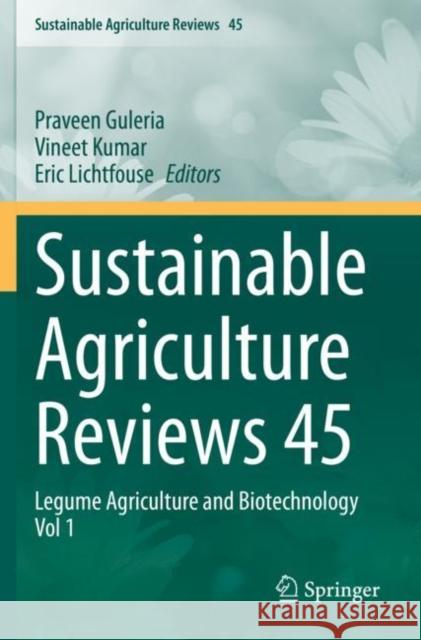Sustainable Agriculture Reviews 45: Legume Agriculture and Biotechnology Vol 1 » książka
topmenu
Sustainable Agriculture Reviews 45: Legume Agriculture and Biotechnology Vol 1
ISBN-13: 9783030530198 / Angielski / Miękka / 2021
Sustainable Agriculture Reviews 45: Legume Agriculture and Biotechnology Vol 1
ISBN-13: 9783030530198 / Angielski / Miękka / 2021
cena 603,81
(netto: 575,06 VAT: 5%)
Najniższa cena z 30 dni: 578,30
(netto: 575,06 VAT: 5%)
Najniższa cena z 30 dni: 578,30
Termin realizacji zamówienia:
ok. 16-18 dni roboczych.
ok. 16-18 dni roboczych.
Darmowa dostawa!
Legumes are a major constituent of vegetarian diets and alleviate malnutrition because they are protein-rich and easily digestible. Moreover, a legume-based diet is much more sustainable than a meat-based diet. Recent research has disclosed major advances in legume agriculture and biotechnology, leading to improved health benefits from nutrients, antioxidants, polyphenolic phytochemicals, phenolic acids, flavonoids and tannins. This book reviews bioactive compounds and their applications, and conventional breeding and biotechnology for legume sustainability and nutritional enhancement.











